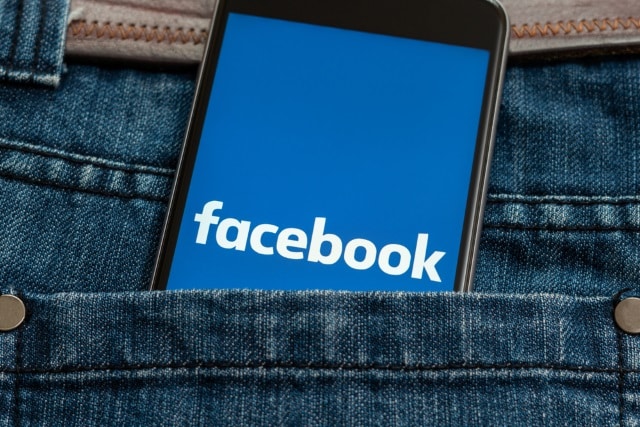
Facebook Gaming app launches today
Facebook is now a multi-faceted beast, and the latest weapon in the social network's growing arsenal is a dedicated gaming app.
The company is launching Facebook Gaming today, providing users with an app to livestream game content. Reports says that the app will also include "casual games and access to gaming communities". Competing with Amazon's Twitch, Google's YouTube and Microsoft's Mixer, the app lands on Android today, and is also due on iOS pending approval from Apple.
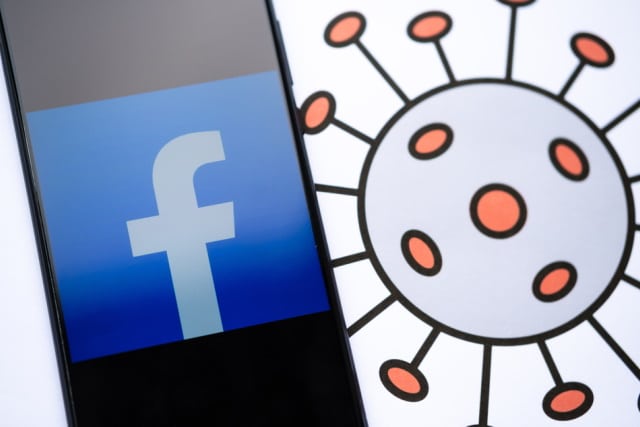
Facebook will let you know if you've been reading nonsense about coronavirus
As the world struggles to deal with the coronavirus pandemic, there is another battle taking place online -- the battle against misinformation. Well-aware that its platform is being used to spread false and misleading information about the disease, Facebook is taking action to try to stem the flow.
The social media giant, like other technology companies, has already taken steps to ensure people have access to reliable information, but now it is going further. Facebook will now retroactively alert people who have interacted with "harmful misinformation about COVID-19".

New 'quiet mode' option lets you silence Facebook
Social networks are a blessing and a curse, simultaneously making it easier to keep in touch with people, while bombarding us with endless notifications about what's going on in the world. Now, at last, Facebook has come up with something of a solution.
The company has introduced a new Quiet Mode option that makes it possible to silence notifications so you can get on with life without being constantly pestered. But is it enough?
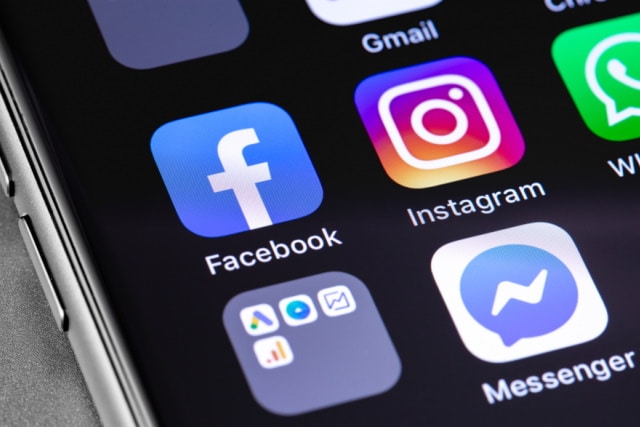
Now it's easier to see just what data Facebook and Instagram are collecting about you
It's no secret that Facebook gathers staggering amounts of information about its users across its various products. This is something that many people just accept, but there is a slight discomfort in not knowing quite what is being collected.
To add a little balm to this aching fear, Facebook has announced updates to its Download Your Information tool on Facebook and Download Your Data tool on Instagram. The updates mean that while you can do little to stop Facebook from tracking you, you can at least download and see what data it is collecting about you.
Why is Zoom secretly sharing data with Facebook?
With so many people now working from home, video conferencing service Zoom has become a household name virtually overnight. But while millions of users appreciate the ability to connect with the office, colleagues, friends and family for free, a worrying privacy issue has been found.
The Zoom iOS app has been spotted sharing data with Facebook... even for users that don't have a Facebook account. So what's going on?

The surprising state of social media background checks in 2020
Your friends and followers aren't the only ones looking at what you Like. In 2017, CareerBuilder revealed that 70 percent of employers review social media during the hiring process. Today that number may be even higher: one survey by First Advantage found that nearly two-thirds of employers choose to screen all employees and applicants for "red flag" behavior on websites such as Facebook and Twitter.
The primary peril of vetting candidates by examining their online profiles remains the same as when this trend first rose to prominence: employers performing "social media background checks" may inadvertently uncover sensitive or protected information which compromises their ability to make an unbiased hiring decision. Not hiring a candidate based on such information, from sexual orientation to religion to race, could expose a business to accusations of unfair or discriminatory hiring practices.
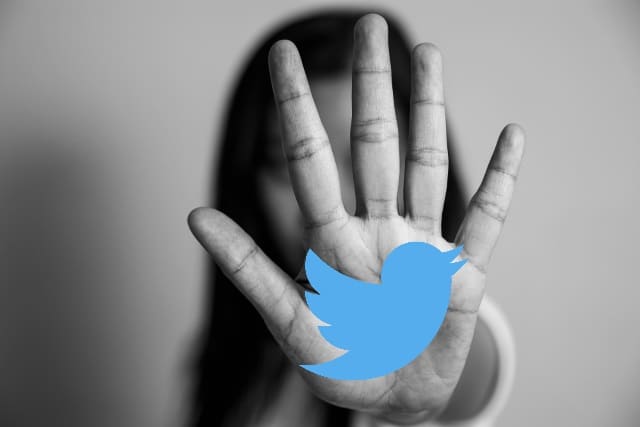
Twitter slaps 'manipulated media' label on deceptively edited video of Biden retweeted by Trump
Just last month, Twitter announced new rules as it tries to stem the flow of "synthetic and manipulated media" on the platform. The company only started using the "manipulated media" label on March 5, and it was White House social media director Dan Scavino who earned the questionable honor of being the first recipient.
Over the weekend, he shared a video clip of Democratic presidential candidate Joe Biden that was edited in such a way as to make it seem as though Biden was endorsing Trump. But the clip had been carefully edited to change the meaning of what was actually said.

What happens when your identity is stolen on social media? [Q&A]
Scams involving social media and online dating sites are on the increase. So it's not surprising that recent research shows a majority of people are now worried about identity theft and account hijacking.
But what happens when your identity gets stolen? And what can you do to protect yourself from this kind of scam?

Facebook will pay you for your voice recordings
If you feel you should be able to benefit financially from sharing information with Facebook, there's some good news: the company is willing to pay you for your voice recordings.
The scheme is part of the social network's Pronunciations program, and it sees Facebook trying to improve its speech recognition capabilities. But if you're hoping to get rich, you might be a little disappointed.
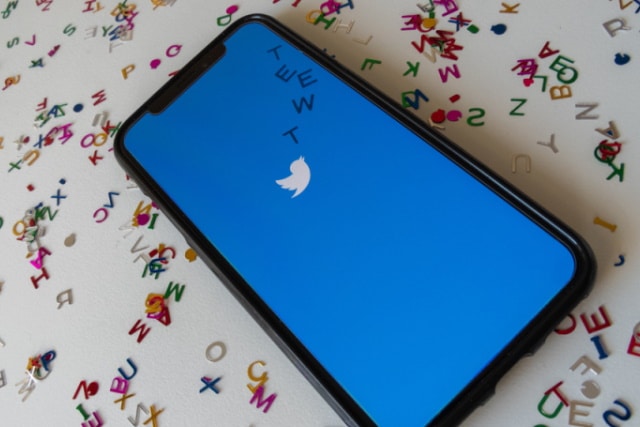
Twitter makes it easier to post tweet threads -- here's what you need to know
One of the issues some people have with Twitter is the character limit imposed on individual tweets. While the restriction is very much the point of the site, there are times when 280 characters is just not enough... hence threading.
There's nothing to stop you from manually creating a tweet thread, but it's not something that everyone is familiar with. So to help out, Twitter has added a new button to make things easier. It's not the tweet editing option people are still begging for, but a way to link tweets together.
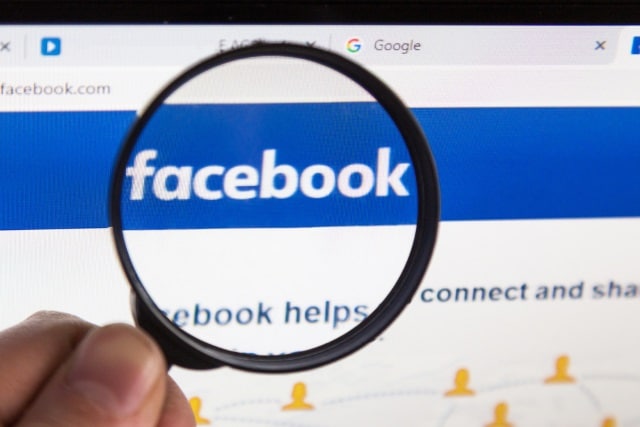
Reuters will fact-check content on Facebook and Instagram
Reuters has teamed up with Facebook to launch a new fact-checking initiative. It is looking to identify misinformation on social media, and will draw on the news agency's history of verifying data.
The partnership will see Reuters fact-checking content on Facebook and Instagram, working with Facebook's Third-Party Fact-Checking Program. The fact-checking program is seen as being particularly important in the run-up to the US presidential election, but it will continue beyond this.

UK government wants Ofcom to police social media
The UK government has long wanted to police the internet, and now it has expressed a desire for Ofcom to regulate social media.
The government would like to give the telecoms watchdog greater powers to enable it to serve as regulator for the likes of Facebook, Google, Twitter, Snapchat and TikTok. The aim is to protect internet users from "harmful and illegal content" while maintaining free speech.
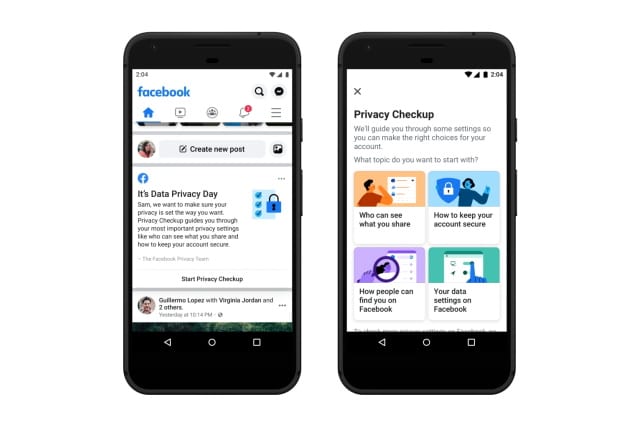
Facebook promises to give users more control over their privacy... again
Today is Data Privacy Day, and Facebook is using the occasion to try to convince its users that it cares about their privacy.
The social network says that it recognizes there is a lot of work to do to improve privacy protections, but that's not going to stop the company from trying to make it seem as though it doesn't represent a massive invasion of privacy. As part of its latest PR campaign, Facebook will encourage users to review their privacy settings as well as launching the Off-Facebook Activity tool globally.

Twitter adds emoji reactions to DMs
Taking a leaf out of Facebook's book, Twitter has added a new emoji reactions feature.
Unlike Facebook, Twitter reactions are only available for direct messages, not individual posts, but it still adds a new way to respond to messages. In all, there are seven emoji reactions: crying, surprised, sad, heart, flame, thumbs up and thumbs down.
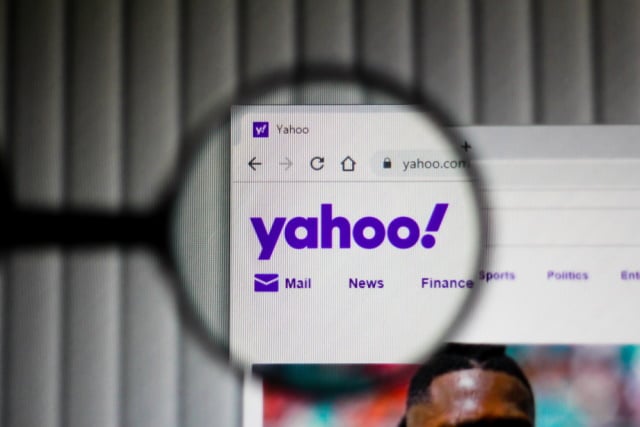
Reminder: You have slightly longer to download data from Yahoo Groups -- but you still need to move fast!
Back in October last year, Yahoo announced that not only was Yahoo Groups closing down, but all data was going to be deleted.
The company encouraged anyone who wanted to safeguard content to put in a data download request by the middle of December. As this was a short deadline there were numerous complaints and requests for more time. Yahoo obliged and offered an extension... but the clock is ticking down fast.
